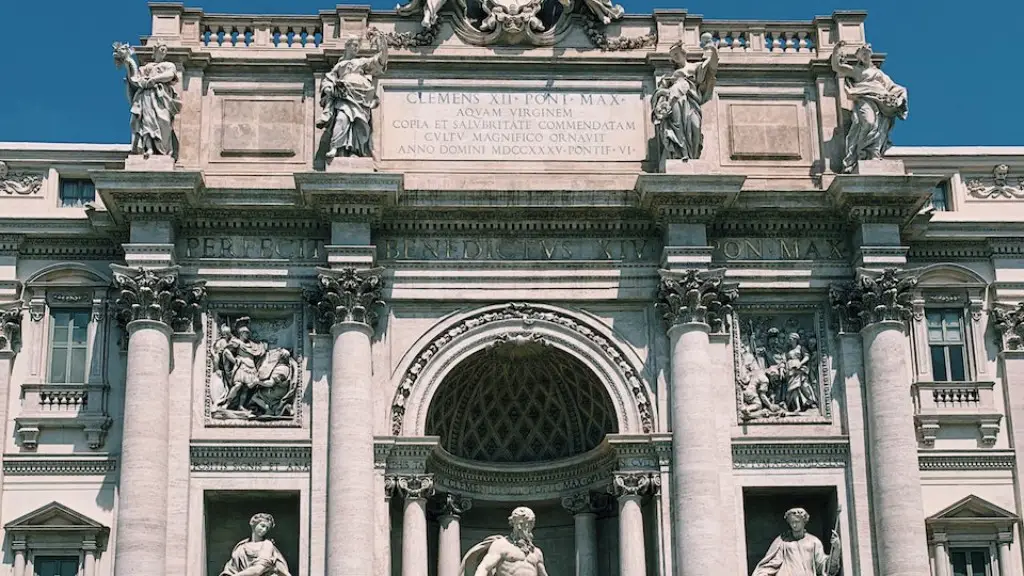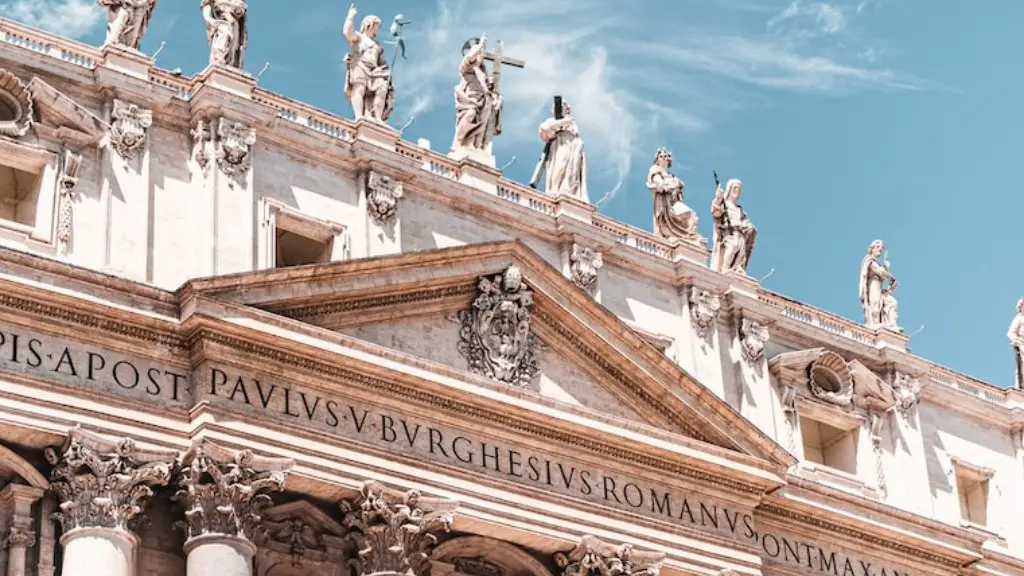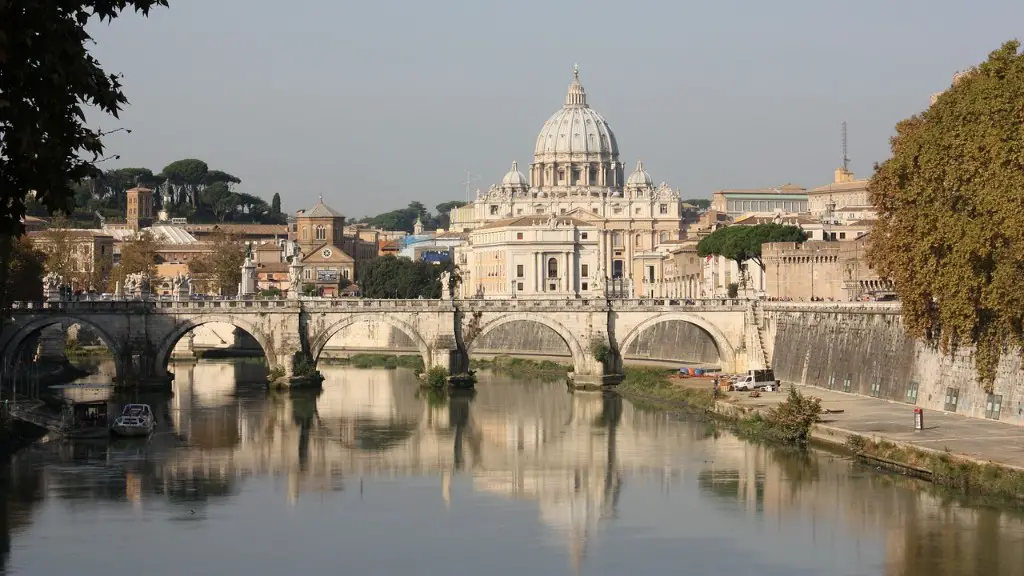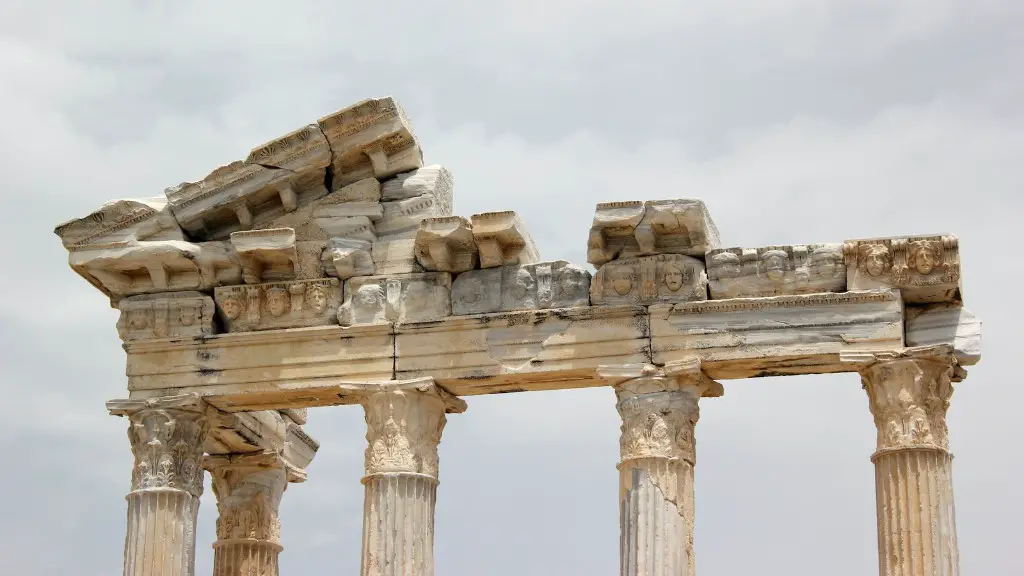The Roman Empire is one of the world’s greatest superpowers and its history is filled with lessons and morals which we, as citizens of the modern world, still find relevant today. Though the Roman Republic and later the Roman Empire, were born in Italy, many of the laws, architectures and monuments that were made, still stand as testament to the greatness of the ancient world and the lessons we can learn from it.
The Roman Empire was centered on law and justice. Their political philosophy focused on consuls and governing bodies like the Senate. This system of government and the philosophies it embraced, inspired the founding of the United States. To the Romans, justice was the highest law. This is demonstrated throughout the laws written by their officials and in the way that other interpretations of just systems were not allowed. This acceptance of the rule of law and striving towards justice was and is a characteristic of the greatest societies.
The Romans also embraced engineering and science to improve the world around them. They built roads and aqueducts, gathered public records, and made many technological advancements. In addition, they developed one of the first legal systems that applied justice to citizens regardless of social class. They understood the value of communication, transport, and building necessary infrastructure to power the successful operations of an empire.
One of the great lessons we can learn from the Romans is their incredible level of discipline. This determination gave them a stability and strength which allowed them to achieve great feats, establish a complex network of government, and become the largest empire of their time. Their military strength was impressive and formidable, and allowed them to expand their rule over vast areas.
The Romans also understood the importance of education. They established schools and universities, where citizens could pursue knowledge and engage in discourse. This appreciation for the importance of their citizens shaped the way Rome interacted with its citizens, allowing them to achieve higher levels of prosperity. It also taught their citizens to think critically about the world around them and formulate their own opinions.
The Roman Empire was filled with a strong sense of patriotism and loyalty. This respect for their homeland, city and its people, was reflected in the way they treated their citizens and defended their culture. This devotion to their cause was also demonstrated in the way they cared for their citizens and allowed them to have a voice in their society. The Romans knew that their success as a society was dependent on the trust and support of their citizens.
The strength of their culture and their willingness to accept others and their beliefs is also something that can be learned from the Romans. They embraced diversity, integration, and tolerance in their society, which allowed them to build strong relationships with other civilizations and form alliances. It is this level of acceptance that still remains today and is an active part of modern culture.
The Roman Legacy
The legacy of the Roman Empire is still immortalized today in various forms. Its architectural structures, like the Colosseum, have become iconic monuments around the world; its art portrays the power, wealth and culture of the Roman people. Furthermore, the language, law and government of the Romans have been adopted in many nations, making their legacy a part of modern societies.
The Romans left behind many lasting legacies, from the aqueducts to the pantheon, and their contributions to language and literature. From dramas to tragedies and music to philosophy, the Roman Empire left a wealth of cultural and artistic achievements. The respect for the arts and culture of the Roman civilization still lives on and is still held in high esteem in many societies today.
Artisanal Accomplishments
The Roman’s were skilled in the arts and other crafts, from blacksmithing and metalworking to glassmaking and pottery. They were brilliant engineers and architects, creating magnificent structures such as the arch, the basilica and the Colosseum – all of which are still standing today. Their contributions to art and architecture are still studied and appreciated across the world.
The Romans also believed in utility and practicality, creating tools, innovations and inventions that simplified any task and saved people a lot of time and energy. They adapted, reworked and improved existing inventions and created many of their own. This attitude of think, observe and gather evidence can be applied to our everyday life, combining creativity and intelligence in order to solve any problem.
Humility
Finally, the Romans knew how to take their losses with humility and learn from their mistakes. They were confident of their success, but their defeats in battle, for example, did not make them bitter or resentful, as they wanted to learn from them in order to improve and become better. This trait for self-improvement is still widely admired today, as we strive to become better versions of ourselves and reach our ultimate goals.
Legacy of Values
The Roman Empire has left behind many powerful lessons and morals which can still be applied in our everyday life. Its strength, discipline, society and values have been an invaluable lesson and a source of inspiration in modern times. From the respect of law to the sense of justice and loyalty, to education, engineering and arts, the legacy of the Roman Empire is still alive and relevant today.
The Power of an Empire
Ultimately, the legacy of the Roman Empire is an inspirational one; of resilience, innovation, and power. It is a testament to the power of a great society, and the potential the human race has to overcome even the toughest of obstacles. For those who seek to understand the real power of how an empire functions, the Roman Empire is a reminder of what humankind is capable of achieving.
The Never-Ending Story
Today, there are still many reminders of the greatness of the Roman Empire, from the architecture and art that it has left behind, to the influences of its language, laws, and culture. It is a legacy that will never be forgotten and its lessons are as relevant today as they ever were. Through the Roman Empire, we are reminded of what it means to be part of a great community and a better world.




This summary of the Roman history is simply amazing. You have captured the true essence of Roman history.
As an Italian teacher I truly appreciate your work, and will certainly reference your knowledge in my teaching. Thank you